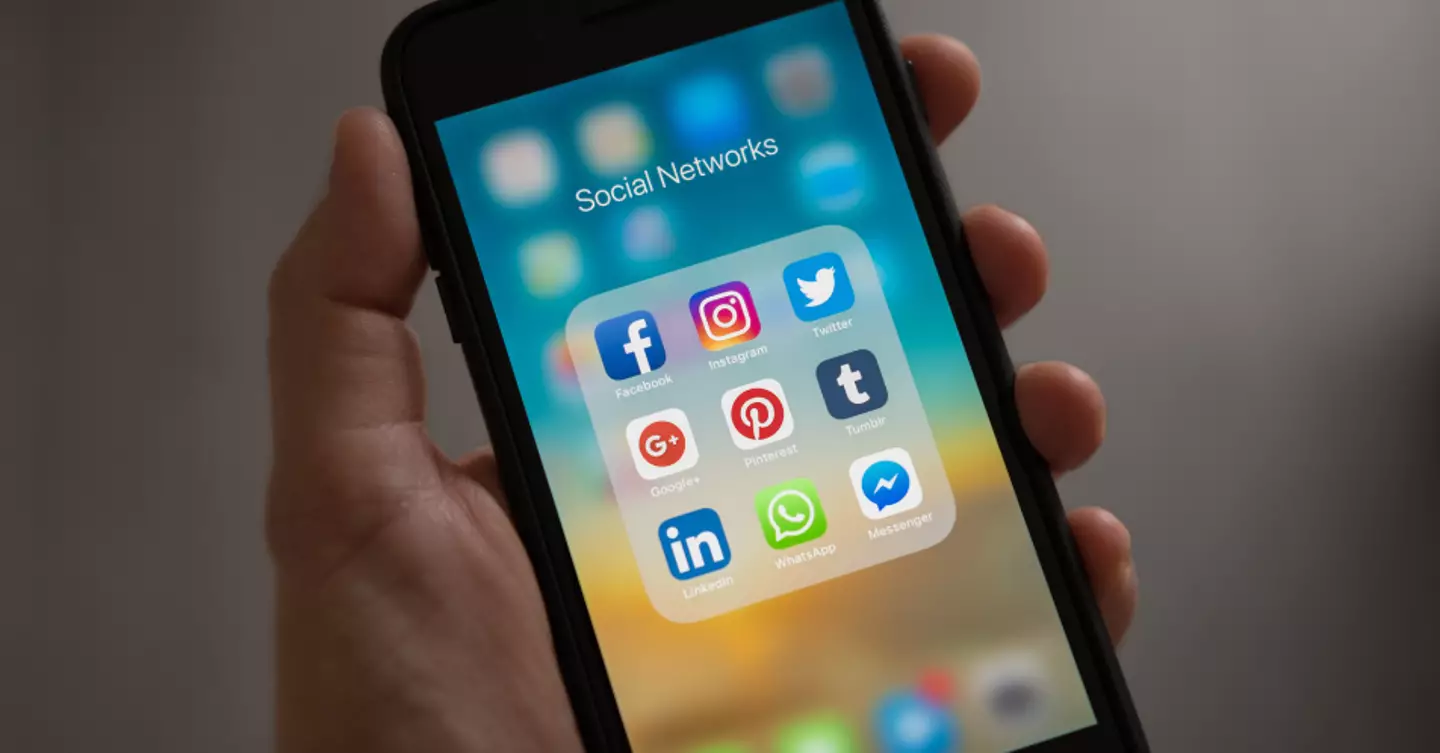
Do you post cryptic tweets when you're upset? Ever share a quote to your Instagram Story after someone hurt your feelings? Then you might be guilty of sad-fishing.
After investigating the relatively new phenomenon, psychologists have managed to figure out why people sad-fish their friends online - and it's not all down to attention-seeking!
A new study has done a deep-dive into our ambiguous cries for help, to figure out how best to intervene and put and end to the exasperating string of 'You ok hun?' comments once and for all.
Advert
The act of sad-fishing has been around for about as long as Facebook has.
You've seen them; the mysterious statuses that always read something like: "Guess I know who my real friends are" or "So many snakes in this town" or, my personal favourite, a check in at the local hospital with absolutely no explanation.
They were always followed by piles of comments from concerned friends, only to be met with a simple "I'll dm you x."
But it wasn't until 2018 that the official term 'sad-fishing' was coined, when journalist Rebecca Reid used it to describe Kendall Jenner's announcement that she was ready to share a big secret (the secret being that she used to suffer with acne), only for fans to discover the whole thing was a marketing tactic for her collaboration with Proactiv.

Since then, the term 'sad-fishing' has taken off, being used to describe both celebs and regular folk who love to tease the internet with vague details about our problems.
Well, according to research published in the Journal of American College Health, the main cause of sad-fishing isn't attention-seeking, but rather anxious attachment.
The study defines sad-fishing as the 'tendency of social media users to publish exaggerations of their emotional states to generate sympathy.'
The study discovered that sad-fishers were more likely to suffer from anxious attachment - meaning they tend to be insecure about their relationships with friends, parents, or romantic partners.
People who suffer with anxious attachment struggle with a fear of abandonment and a constant need for reassurance, control, and safety in their relationships.
"Sad-fishing may not be triggered by an acute perceived lack of social support, but rather, may be more strongly related to the persistent trait of anxious attachment", the research team concluded.
So the sad-fishing posts you see online really are a cry for help - just not in the way you might think.
.png)
"If an individual reports a more anxious attachment style, they may also be more likely to report a greater tendency to manipulate others in their quest to form a relationship or bond", the study found.
People who sad-fish really do hope a friend will reach out and offer support or comfort, but mostly because they want to check out who is there for them at the end of the day.
So next time you see someone post an Instagram Story about 'cutting people out of my life' or a friend tweet about whether or not they can 'get through this', there's no harm in reaching out to check in.
That's right, I said it. Send the 'You ok hun?' message.